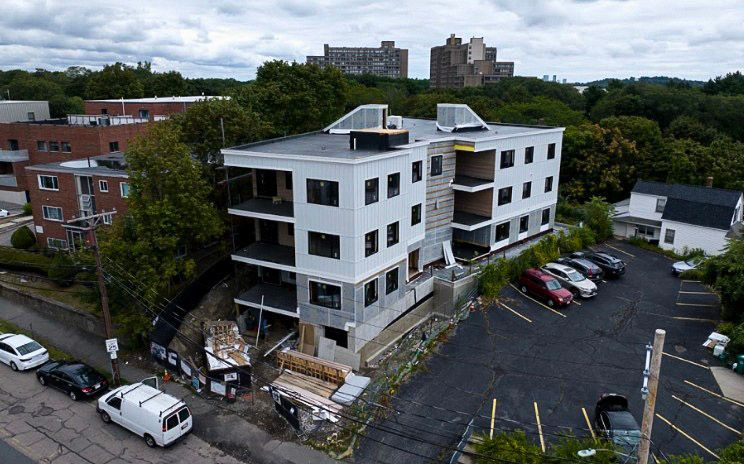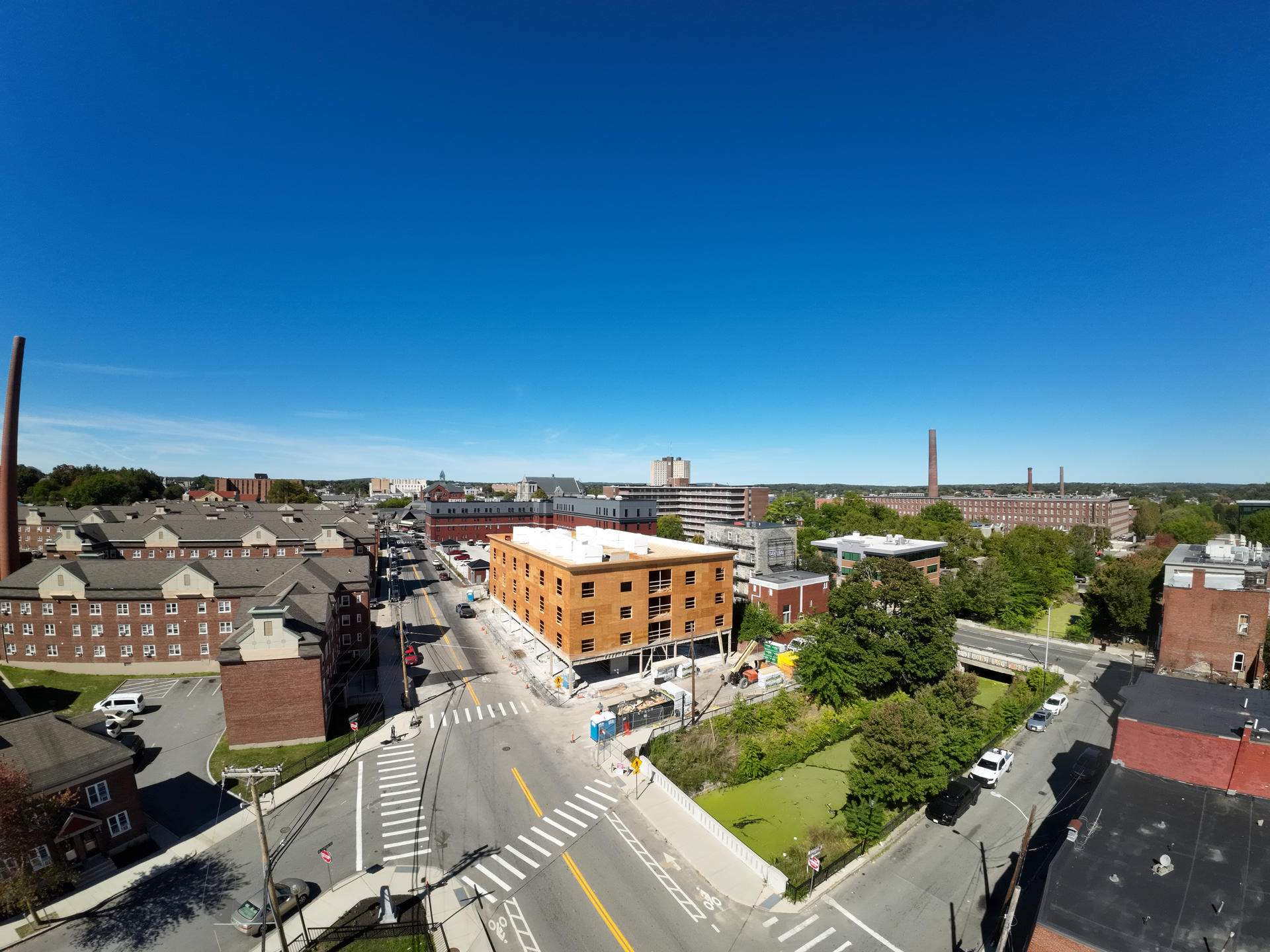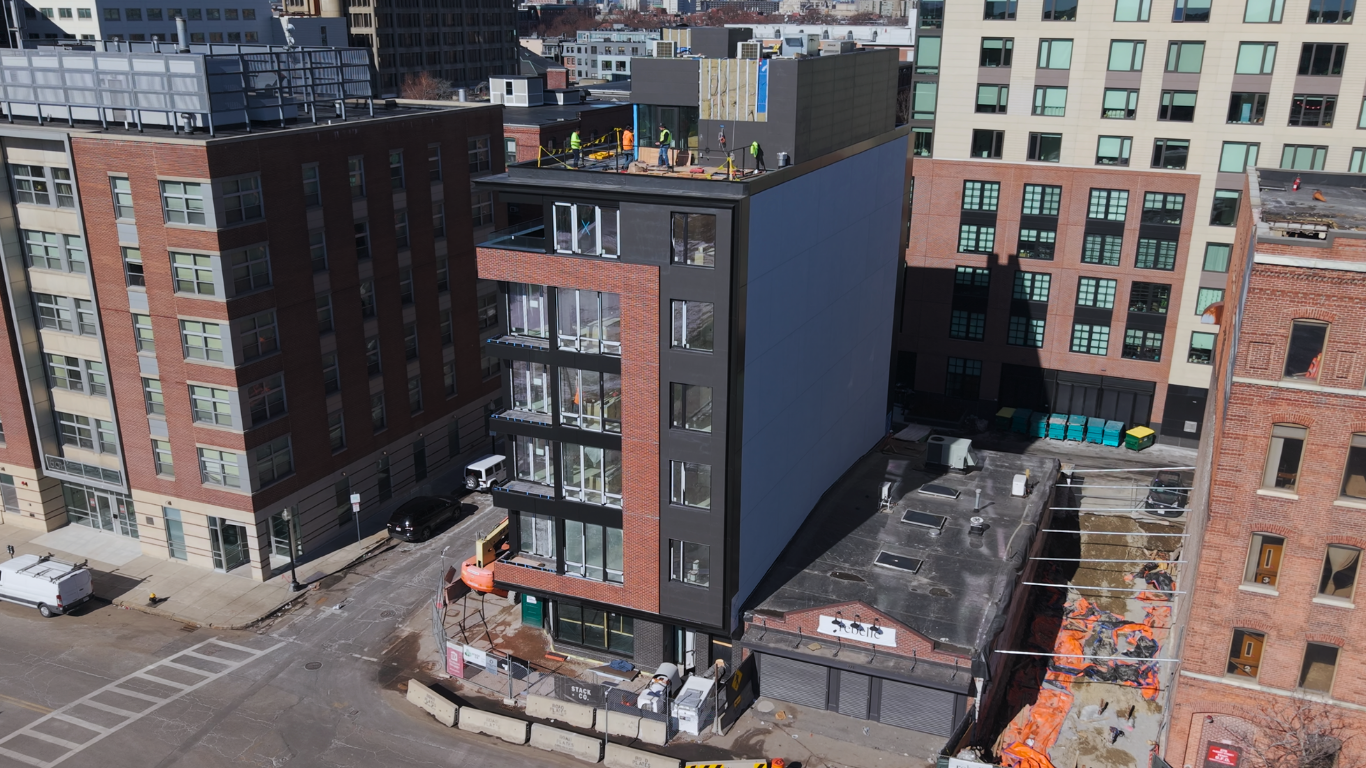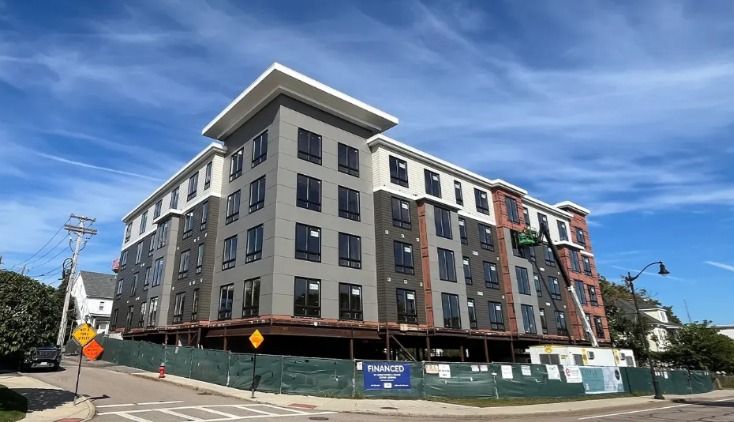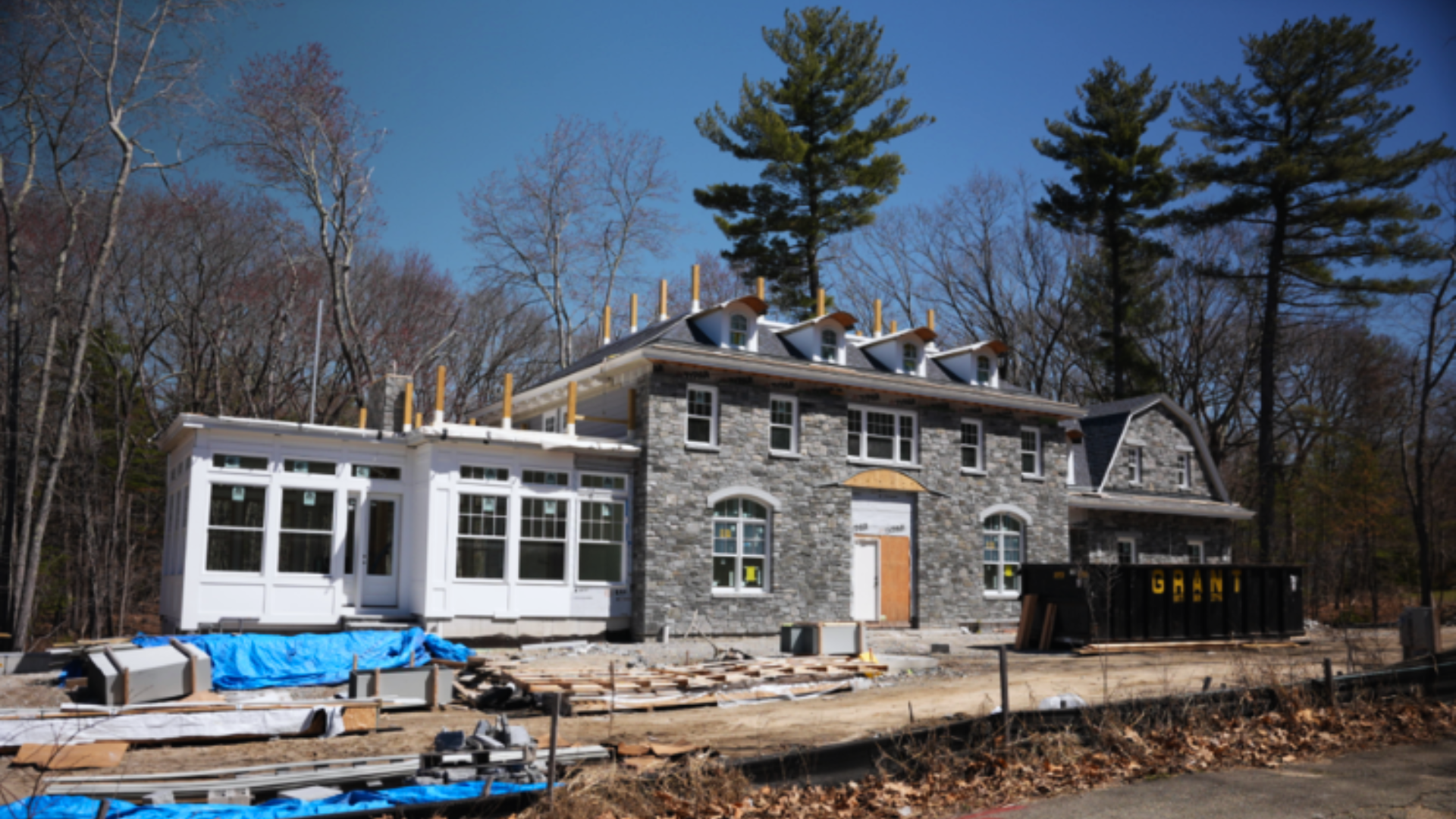Building in Massachusetts: A Guide for Contractors
In Massachusetts, your reputation as a contractor is built on more than just delivering a finished project. It’s about delivering work that stands the test of time, meets or exceeds state standards, and minimizes callbacks or disputes. The 10th Edition of the Massachusetts State Building Code (780 CMR), aligned with the 2021 International Codes, sets the framework, but how you interpret, plan, and execute within those parameters defines your competitive edge.
For large construction companies, quality isn’t just a selling point, it’s a risk management tool that protects your bottom line, reduces liability exposure, and strengthens client relationships.
Framing
Massachusetts’s climate, from heavy snow loads to coastal winds, demands precision in load paths and bracing. Structural integrity begins with:
- Continuous load paths from roof to foundation, ensuring every structural element works as a system.
- Braced wall lines sized and placed according to the latest state-amended requirements.
- Load calculations tailored to site-specific snow and wind conditions, avoiding over- or under-engineering.
The payoff is measurable and tangible: precision in framing directly reduces the likelihood of structural failures, minimizes costly warranty claims, and protects your margins from unexpected rework.
This consistency builds client trust, strengthens your reputation in the market, and positions your company as a contractor that delivers durable, low-maintenance results on every project.
Siding and envelope systems
For high-volume projects, small installation mistakes can become costly patterns. Your crews should be trained to:
- Install a
water-resistive barrier and flash all penetrations in the correct sequence.
- Incorporate
kick-out flashing at roof-wall intersections to divert water away from siding.
- Use drainage gaps or rainscreen systems, especially for absorbent claddings, to promote drying and prevent mold.
The result: longer-lasting exteriors, fewer callbacks, and better performance in final inspections.
Deck construction
Deck failures not only endanger users but also create significant legal exposure for builders. To protect your company:
- Use approved fasteners and flashing at the
ledger connection, installed in a shingle-style sequence.
- Select corrosion-resistant hardware (hot-dipped galvanized or stainless steel), particularly for coastal or high-moisture sites.
- Follow proper footing depths, joist spans, and lateral load controls to prevent structural issues over time.
Roofing
New England’s winter conditions and seasonal storms require more than a basic approach to roofing:
- Balanced ventilation between intake and exhaust to prevent condensation and extend shingle life.
- Ice barriers at eaves to mitigate ice damming and prevent water intrusion.
- Proper integration of
step, valley, and drip-edge flashings to handle wind-driven rain and snow melt.
A well-executed roofing system reduces maintenance claims and reinforces your reputation for delivering durable structures.
Operational standards: Permits, licensing, and oversight
On commercial and large-scale residential projects, compliance is about protecting your business as much as meeting legal obligations:
- Maintain active
Construction Supervisor Licenses (CSL) for supervisory staff.
- Ensure subcontractors are properly registered and insured.
- Assign permit responsibilities clearly to avoid administrative delays and liability shifts.
Building beyond the code
In Massachusetts, doing the bare minimum to “pass inspection” isn’t enough for contractors who want to lead in the market. The contractors who win repeat business and large bids are the ones who consistently build above standard, plan for local climate realities, and prevent problems before they start.
Invest in skilled labor, enforce strict quality controls, and maintain clear communication with clients. The return is measured not just in profitability, but in your reputation as the contractor who delivers projects that last.
At
Lifetime Contractors, that reputation is backed by full licensing, industry certifications, and a proven track record of excellence across Massachusetts. Every project we take on is treated as a partnership, with the same attention to detail and commitment we’d apply to our own investments. Whether it’s a large-scale commercial build or a complex residential development, our team is equipped to meet deadlines, control costs, and exceed expectations.
Let’s talk about your next project.
Contact us today for a free estimate
or to discuss how we can bring your plans to life with the quality and reliability your clients deserve.



